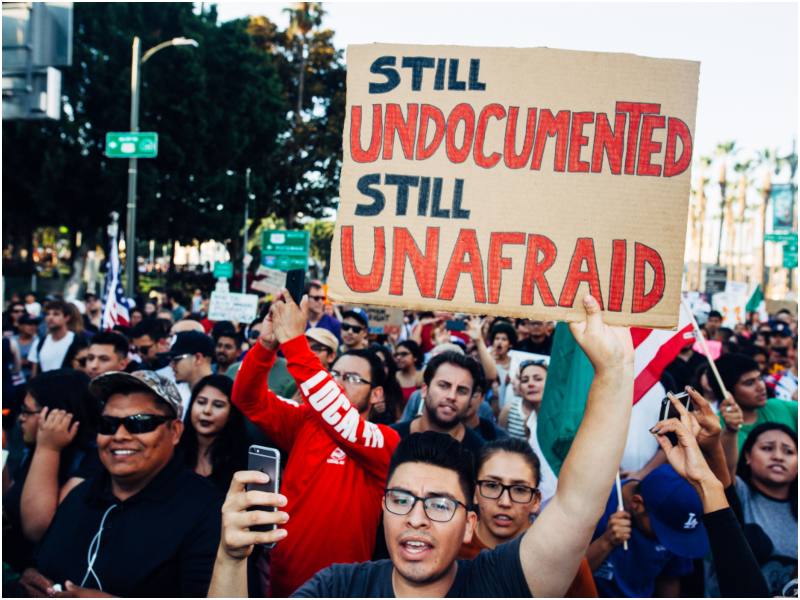A recent study by the Institute on Taxation and Economic Policy (ITEP) has highlighted a striking disparity in tax contributions between undocumented immigrants and the top 1% of U.S. taxpayers.
According to the study, undocumented immigrants paid a staggering $96.7 billion in taxes in 2022, with $59.4 billion allocated to federal taxes and $37.3 billion to state and local taxes.
This results in an average tax contribution of $8,889 per undocumented individual.
The findings reveal that in 40 states, undocumented immigrants are subject to higher effective tax rates compared to the top 1% of earners. This data underscores the significant financial role that undocumented immigrants play in the U.S. economy.
The study’s results come as the Biden administration prepares to launch an expansion of the “parole in place” program on August 19, 2024.
This new policy aims to offer temporary legal status and work permits to eligible undocumented spouses of U.S. citizens who have resided in the country for at least ten years.
The White House estimates that this initiative could impact approximately 500,000 families.
ITEP projects that granting full work authorization to all undocumented immigrants could potentially increase tax contributions by an additional $40.2 billion annually.
This anticipated boost in tax revenue provides a unique opportunity to observe the effects of immigration policy changes on economic contributions and social integration.
As the implementation date approaches, economists and policymakers will closely monitor the policy’s impact on tax revenues and overall economic growth. Additionally, Boundless is preparing to offer resources to assist with the application process for the new policy.
The intersection of this new policy with ITEP’s findings offers a valuable perspective on how changes in immigration laws can directly influence fiscal dynamics and the integration of undocumented immigrants into the U.S. economic framework.

